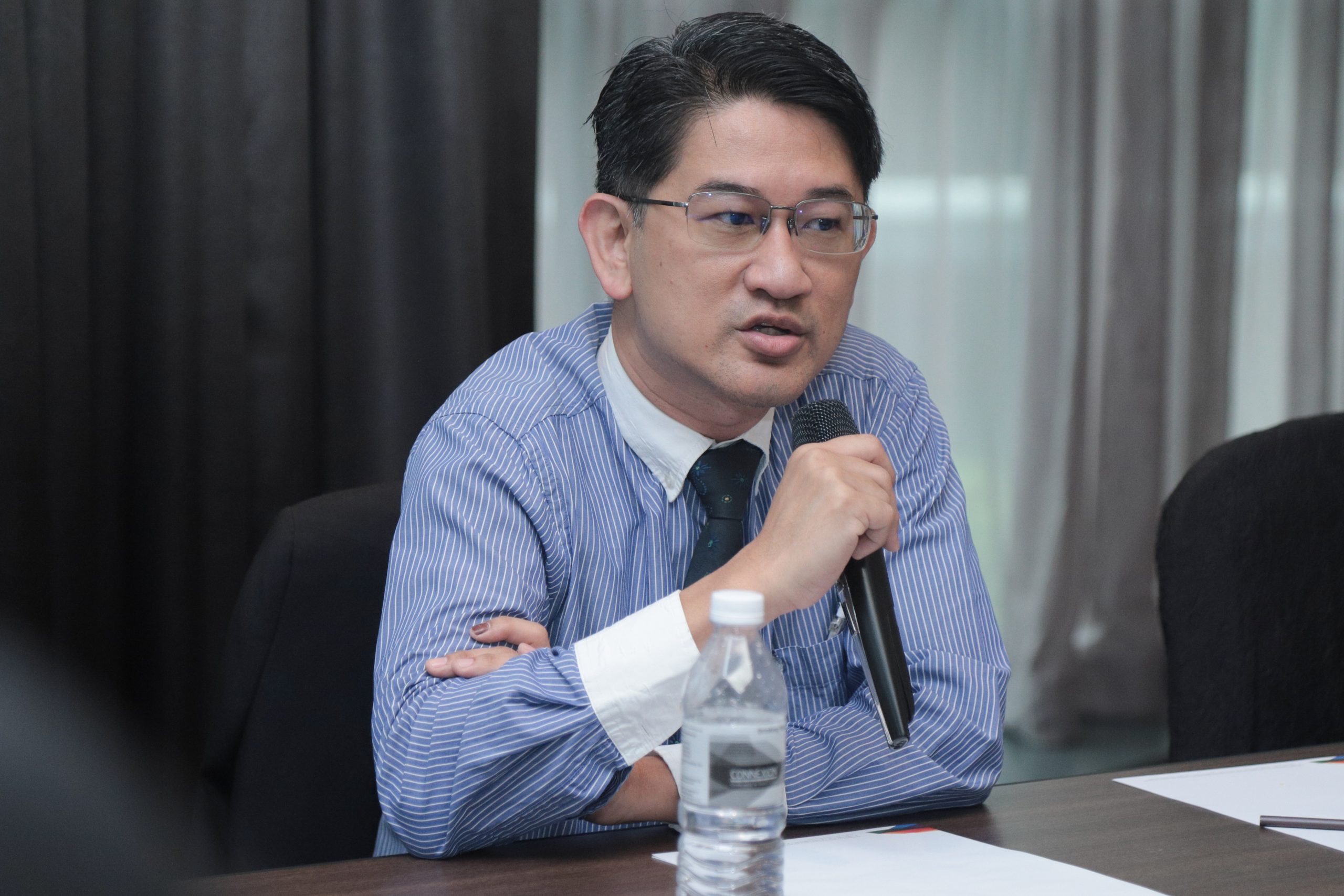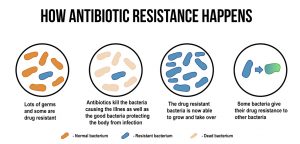WORDS MALAYSIAN MEDICS INTERNATIONAL (MMI)
We are deeply concerned regarding the article released on 15th January by CodeBlue highlighting the implementation of a “Zero HO Protocol” within the medicine department of the University Malaya Medical Centre (UMMC). This protocol aims to address the critical shortage of house officers (HO) in different medical units as the services provided by house officers are now prioritised based on departmental workload.
Some of the key points of the protocol are as follows:
- ICU prioritization with stable patients being admitted to medicine department wards and at-risk patients being placed in the Intensive Care Unit (ICU).
- Encouraging medical officers to perform procedures like IV cannula insertion and blood tests themselves to emphasize clinical judgement and discourage unnecessary test requests.
- Proposal for task sharing among medical officers, lecturers and consultants.
- Emphasis on mindfulness during patient admission as patient management is the responsibility of the admitting doctor.
House officers and medical officers are the grassroots of the healthcare system to achieve peak efficiency. Thus, we humbly call upon the Ministry of Health and Ministry of Higher Education to consider the following:
Decrease in manpower resulting in more harm than good
The diminishing numbers of house officers in the healthcare system are manifesting as a significant concern with multifaceted repercussions.
The increased workload on the existing staff is leading to burnout, adversely affecting their overall well-being.
Service reductions or cuts to cope with the strain could potentially compromise access to crucial medical services for patients, raising serious concerns about healthcare delivery and patient safety.
Hence, urgent attention is needed to address extreme shortages and maldistribution.
A targeted approach could involve expediting the intake of medical graduates into the housemanship system for a quicker transition from graduation to practical training. This would also overcome the “brain dead” issue which has been a concerning trend in the healthcare system.
On the other hand, Singapore offers a shorter time between graduation and work compared to waiting around six months in Malaysia. Hence, with a shorter gap, more medical graduates are able to work sooner to reduce the shortage of house officers.
Task delegation, focusing on critical departments, is crucial for effective management without compromising quality. Public hospitals should identify critical departments that are particularly affected by the shortage and maldistribution of HOs, as it would allow task prioritisation based on urgency and importance. Task delegation should focus on ensuring that essential responsibilities are managed effectively without shortage drawbacks. This emphasizes the need for immediate attention and comprehensive strategies from healthcare authorities to rectify this concerning trend and fortify the resilience of the healthcare system.
Collaboration between MOH and MOHE
Efficient collaboration between the Ministry of Health (MOH) and the Ministry of Higher Education (MOHE) is essential to bridge gaps and ensure better healthcare outcomes.
Clear communication with specific objectives and anticipated outcomes is necessary to foster a more cohesive and effective healthcare system.
Implementing interdisciplinary training programs for medical students, tailored to their academic schedules can provide essential skills learning for them.
Therefore, the workload among our healthcare workers can be reduced by providing opportunities for medical students to sharpen their skills under supervision.
Moreover, assessing the skills and competencies of available healthcare professionals ensures that responsibilities are delegated to individuals with appropriate expertise.
This diversified approach ensures a more efficient distribution of tasks, compensating for the diminished workforce and minimizing the impact on patient care. Early intervention at the foundation level can mitigate the issue of doctor shortage.
In conclusion
We urge the Ministry of Health and the Ministry of Higher Education to promptly consider and address the aforementioned issues. While this protocol might be perceived as a temporary drastic measure taken to cope with the decrease in house officers or medical officers, it could impact the present and future of Malaysia’s healthcare sector.
Thank you.
MALAYSIAN MEDICS INTERNATIONAL
TERM 2023/2024
About Malaysian Medics International (MMI)MMI is an international medical student-led organization that aims to connect, educate, and cultivate. Since our inception in 2013, we have grown into a global network of more than 200 leaders from seven countries around the world. Presently, we are an active advocate for inclusivity and diversity, reform in medical education, and the welfare of our junior doctors and medical students. |
References:
- Zainuddin, A., & Su-Lyn, B. (2024, January 17). UMMC’s medicine department mulls ‘Zero HO protocol’, with indefinite critical Houseman shortage. CodeBlue. https://codeblue.galencentre.org/2024/01/15/ummcs-medicine-department-mulls-zero-ho-protocol-with-indefinite-critical-houseman-shortage/
- Zainuddin, A. (2024, January 19). MOH and MOHE must resolve their ‘Bad blood’: Musa Nordin. CodeBlue. https://codeblue.galencentre.org/2024/01/18/moh-and-mohe-must-resolve-their-bad-blood-musa-nordin/
- Zainuddin, A. (2024a, January 18). UMMC doctors tout parallel houseman system, full independence from MOH. CodeBlue. https://codeblue.galencentre.org/2024/01/16/ummc-doctors-tout-parallel-houseman-system-full-independence-from-moh/







